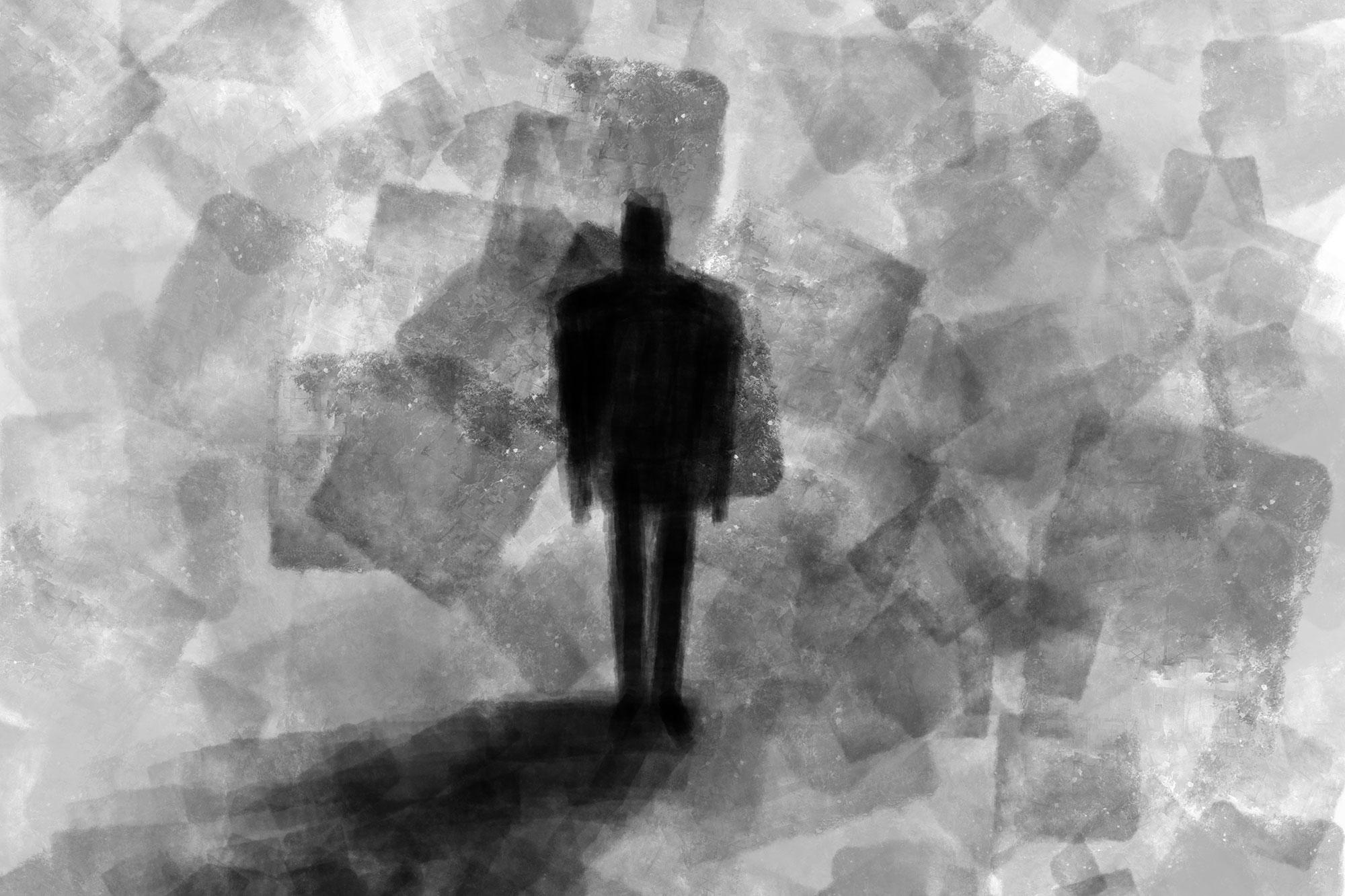Men who conform to traditional gender roles are at a higher risk of suicide

Men commit suicide much more often than women. Those who want to live up to the traditional male image of strength and independence are particularly at risk. Prevention measures should focus more on them in future.
The global suicide rate among men is between two and four times that of women, including in Swit-zerland. One reason for this considerable difference is that the risk in men is often recognised too late. However, not all men are equally at risk. In a project funded by the SNSF, a research group from the Department of Psychology at the University of Zurich has now identified socio-cultural fac-tors that significantly raise the risk of suicide among men. “We should consider targeted preventive measures for this sub-group”, says team leader Andreas Walther.
A long-term study in the US involving around 10,000 young men has already shown that they are more likely to commit suicide over a period of 20 years if they identify strongly with traditional mas-culine roles. These norms are characterised by ideas that originated from the previously strongly patriarchal social framework. They prescribe the characteristics that men should have and how they should behave. These include, for example, independence, controlling their emotions and not show-ing their vulnerability. In science, this is summarised under the term traditional masculine ideologies.
“In our study, we wanted to take a much closer look at which aspects of these ideologies play a role in the suicide risk,” explains Walther. To do so, the team recruited almost 500 men from German-speaking countries using flyers and calls put out on social media. The study participants completed a range of questionnaires that, among other things, assessed symptoms of depression, conformity with traditional masculine ideologies and suicidal thoughts and behaviour.
Combination of characteristics and attitudes results in tunnel vision
This showed that 13 per cent of the participants had already attempted suicide, a quarter reported having been diagnosed with depression and a fifth had already had psychotherapy. First author Lu-kas Eggenberger points out that these high proportions may not be representative: “A study call of this kind tends to appeal to people who already experience mental health problems.” However, this had no effect on the evaluation of the data with regard to socio-cultural factors. Men whose respons-es indicated a high potential risk were made aware of the help available to them.
“The analysis of the survey showed that it is possible to distinguish between three groups”, says Eggenberger. For around 60 per cent of the participants, conformity with traditional masculine ideo-logies did not play a major role. The researchers described this group as Egalitarians. Around 15 per cent – whom they called Players – have an image of masculinity that primarily manifests in a patriar-chal attitude. It is also important to these men to have many female sexual partners and be perceived as heterosexual. The last group, named Stoics by the researchers, comprises around a quarter of the men. They strongly conform with the traditional norms – although not primarily with regard to status and sexual success like the Players, but to factors such as controlling their emotions, inde-pendence and risk-taking, for example, driving fast or doing extreme sports.
The evaluation of the questionnaires with regard to suicide risk showed that the Stoics were at more than double the risk of suicide attempts compared with the Egalitarians. In contrast, the risk was not significantly increased for the Players. “Especially in stressful situations or a mental health crisis, the Stoics’ attitudes pose a highly problematic combination,” says Eggenberger. They would think something like: “I can't show my feelings, and I have to solve my problems myself.” Coupled with the high willingness to take risks typical of the Stoics, this can produce a kind of tunnel vision – and suicide sometimes seems the only possible way out.
The study also shows that traditional attitudes are in no way reserved solely for the older generation – quite the opposite: the Stoics group was considerably younger than the other groups. Eggenberger has an idea of why this might be: “From a developmental theory perspective, young adulthood is a key phase in the search for identity. Traditional masculine ideologies offer young men a means to define themselves in terms of their gender, to belong to a club of men, so to speak.”
Better recognition of depression for prevention
On the basis of the research findings, the study team recommends the development of interventions that are specifically tailored to the Stoics. For example, medical professionals could be made more aware of these men. A retrospective study of almost 3,000 suicides in Canada showed that 60 per cent of the men concerned had sought help from mental health specialists in the previous year. “However, they may not have been properly understood and ended up falling through the cracks,” says Walther. He also suggests one possible reason: “In these men, depression often does not take the form of classic symptoms, but of somatic problems such as back pain. They also often express their negative feelings through aggression or risky behaviour rather than talking about them.” This has been documented in numerous studies carried out by different research groups.
Untreated depression has been proven to play a key role in the increased suicide rate among men. As part of the SNSF-funded project, the team is therefore also developing and validating a male-specific psychotherapy for depression. “Among other things, this is based on reducing their conformity with traditional gender roles.
Do you need help or counselling?
Dargebotene Hand helpline
- Telephone (24 hours a day): 143
- English service (6 - 11 pm):
- Email and chat: www.143.ch/en/
Further information